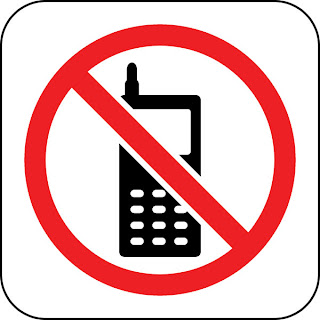We just spent some days in Canada visiting friends and
family. During our time there, we had neither a working cell phone nor a GPS—and
we survived! Imagine that! :-)
Actually, it was quite refreshing to travel this way again.
(Yes, I’m old enough to remember the days before there were such conveniences).
When we wanted directions, we simply asked someone. What a
concept! Afterwards, I thought: “If we
had had a GPS we would have missed the chance to connect with another human
being, however briefly.” Asking directions reminded me how we are truly dependent on
one another. It is not good for us to be so self-sufficient that we miss
opportunities to help and serve one another, if even in small ways.
It was interesting to see that the directions we get from
people may be less complete than computerized directions, but they are based in
common sense. The woman who helped us find the Bell Homestead (a small museum
to commemorate Alexander Graham Bell’s invention) did not give us directions to
the doorstep. Rather, she directed us to a certain point and then let common
sense lead us the rest of the way. How many times have I looked up directions
on Google only to be led to some empty field in the middle of nowhere! The
friends we stayed with while in Canada told us how their GPS once led them down
a precarious logging road where they had to ford a stream.
What’s more, I discovered that getting directions via
another human engages your brain in a different way. It sounds funny to say,
but it’s true: I felt a sense of adventure finding a place old-school! Because
of this, I felt a greater sense of orientation since I had to pay attention to
which direction we were facing.
That said, I did use Mr. Google to obtain directions for our
daytrip to Toronto. Interesting: the computer told me to take a certain exit,
then turn right. Well…I took the exit but the computer was in error: you could
only turn left! Using common sense, we quickly were able to get onto the road
we needed.
Believe it or not, it was also interesting to see how
lacking a cell phone turned out to be a good thing. If we arranged to meet some
friends at a place at such-and-such a time and got there first we had to
practice patience and trust. We couldn’t simply call and find out what was
going on. We had to be content with the inevitability of not-knowing. Situations
like this remind us that it is okay to be a finite human being with limited
knowledge.
Don’t get me wrong: many of these modern conveniences are
wonderful, a great help! But sometimes I wonder what bigger and better things
we miss out on when we become dependent on services that cater to our every whim
and desire.


No comments:
Post a Comment